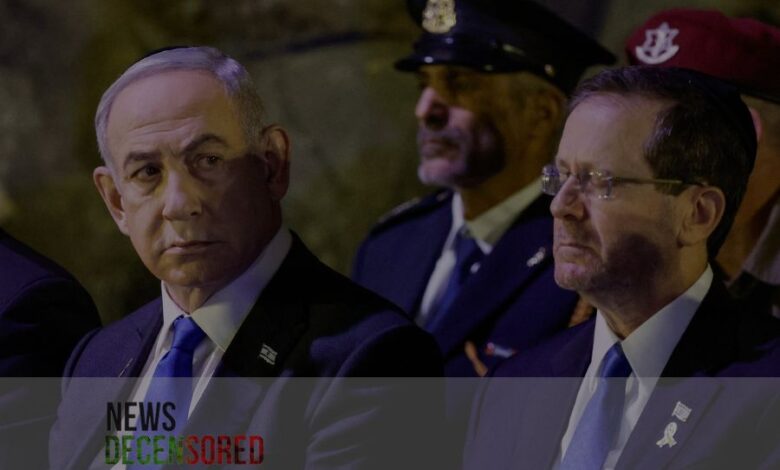We will fight with our fingernails” Netanyahu responded after facing US pressure following the Rafah assault

Israeli Prime Minister Benjamin Netanyahu’s response reverberated with defiance when the US pressured him after the Rafah assault. He said, “We will fight with our fingernails, in a terse statement signalling his determination to stand firm, showing he’s determined despite diplomatic problems. As the international community watches closely, this reflects how complicated things are in the Middle East and the enduring challenges of Israeli-Palestinian relations.
The Rafah assault, a recent fight between Israel and Palestine, heightened tensions in the region and showed how leaders around the world quickly criticised it. They wanted both sides to calm down and called for de-escalation and dialogue. The United States, Israel’s Long-standing ally, pressured Netanyahu to be careful and find peaceful solutions to resolve the issues.
Netanyahu’s response underscored his resolve to prioritise Israeli interests and security even when others pressured him by saying fighting with our fingernails shows Israel’s strong spirit to stand up for itself, reflecting a Long-standing stance no matter what . This has been Israel’s way for a long time: being self-reliant, not depending on others, and showing determination even when times are tough.
Israel and the United States have been close friends for a long time and have historically been characterised by vital political, military, and economic ties. However, when it comes to dealing with the Israel-Palestine fight, it occasionally strains this relationship. They disagree, as seen and become apparent in the aftermath of the Rafah attack.
Netanyahu has seen the US and Israel as good friends for a long time, and handling US pressure means he has to be careful, balancing Israel’s control with keeping essential friendships. He knows how crucial the US-Israel bond is. Netanyahu is also mindful of domestic considerations, but he also thinks about what Israelis want, which is safety and peace at home.
The Rafah assault serves as a stark reminder of the enduring complexities. It shows how hard it is to solve the Israel-Palestine fight and the challenges of achieving lasting peace in the region. Even though people have tried to make peace deals and stop fighting to broker ceasefires and negotiate peace agreements, there are still times when sporadic outbreaks of violence continue to test leaders’ resolve on both sides.
Netanyahu is dealing with pressure from the US and domestic expectations, but the path forward remains uncertain as to what will happen next. The Israeli Prime Minister faces mounting scrutiny from people in Israel and around the world who want him to work with other countries to solve problems for accountability and diplomatic engagement.
Netanyahu has to deal with pressure from the US to navigate a complex geopolitical landscape while also keeping Israel safe and looking out for its interests and security imperatives. The stakes are high, and the situations are tricky because things could get worse, with the potential for further escalation, which leads to more problems and complicates things for people who need help.
As Netanyahu and other regional leaders grapple with the aftermath of the Rafah assault, the international community must reaffirm its commitment to promoting stability, security, and prosperity for all parties involved. Only through concerted efforts and a shared commitment to peace can the cycle of violence be broken, paving the way for a brighter and more secure future for the people of the Middle East.
As Netanyahu and other leaders deal with what happened after the Rafah attack, the international community must reaffirm its commitment to promoting stability and promise again to make things stable, safe, and suitable for everyone involved. Only by working together and sharing a commitment to creating peace and paving the way for a brighter future can we help make a safer place for people in the Middle East.




